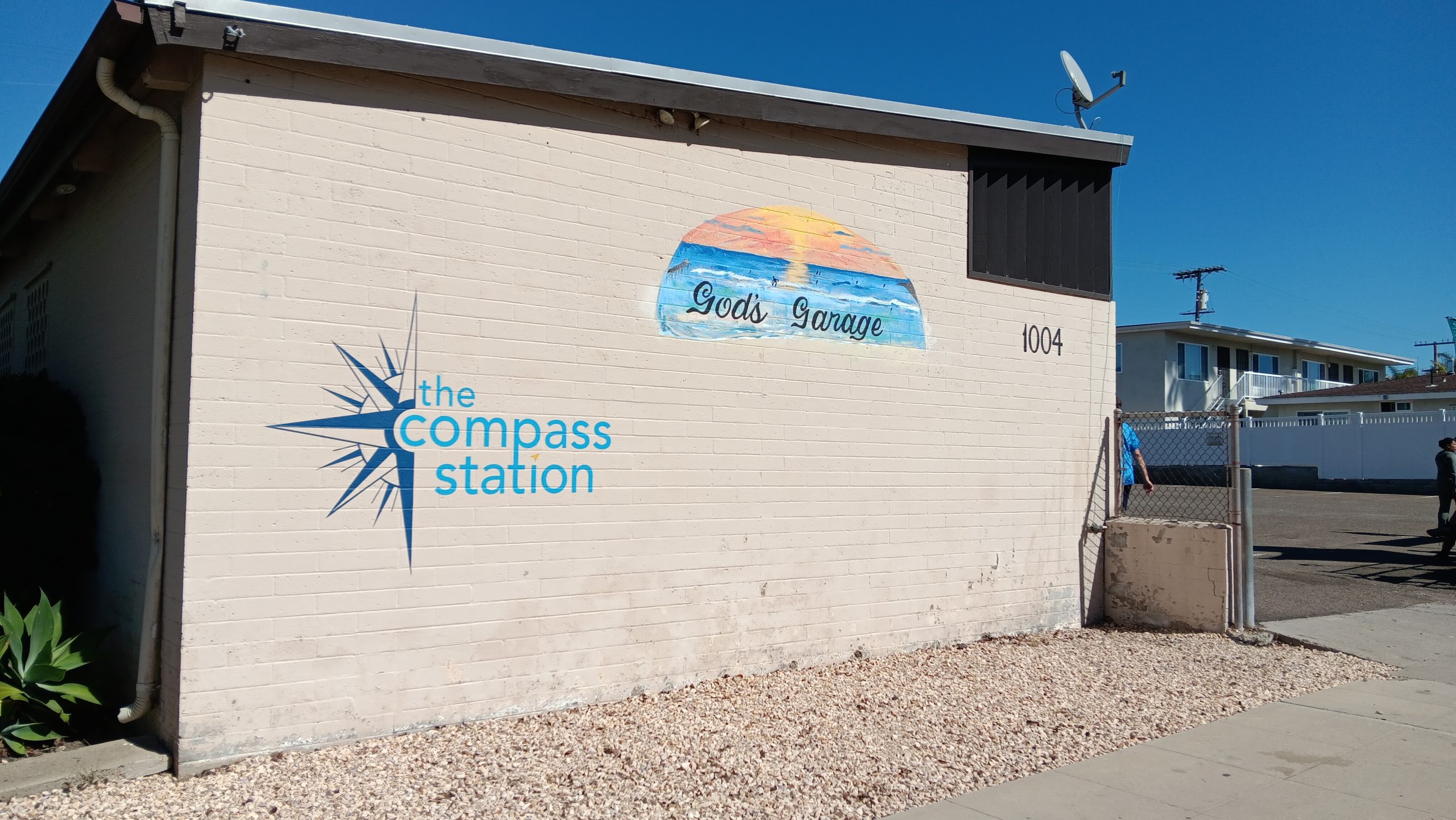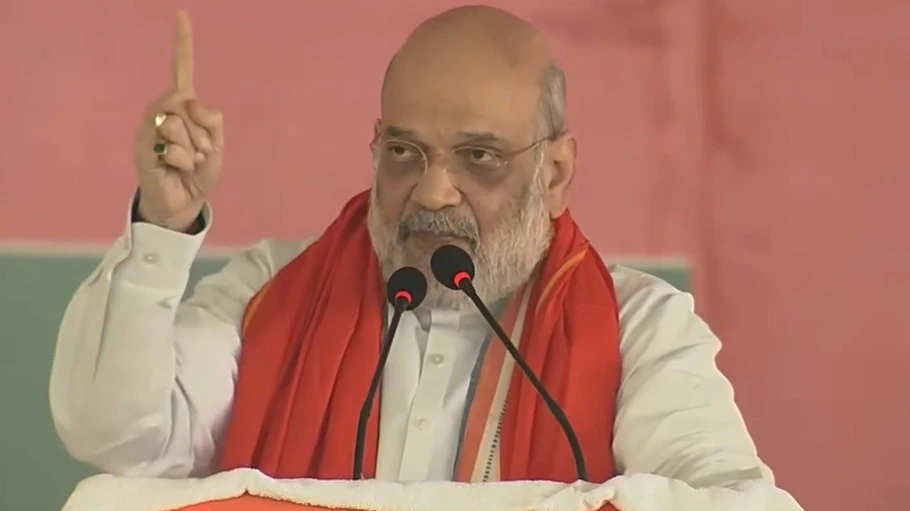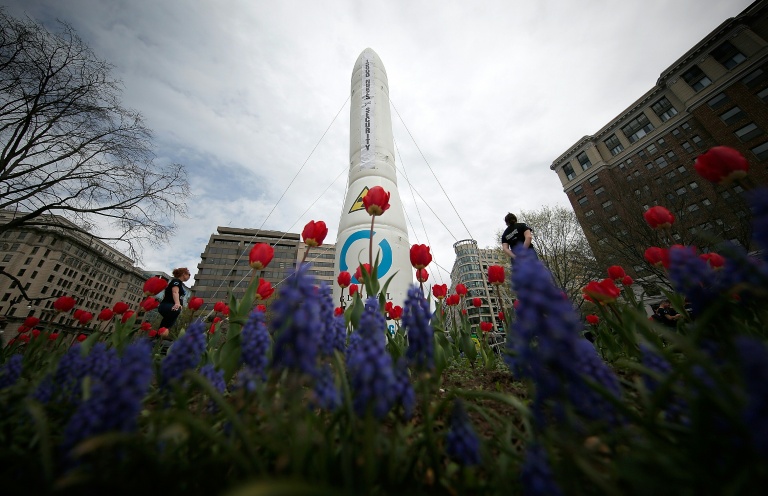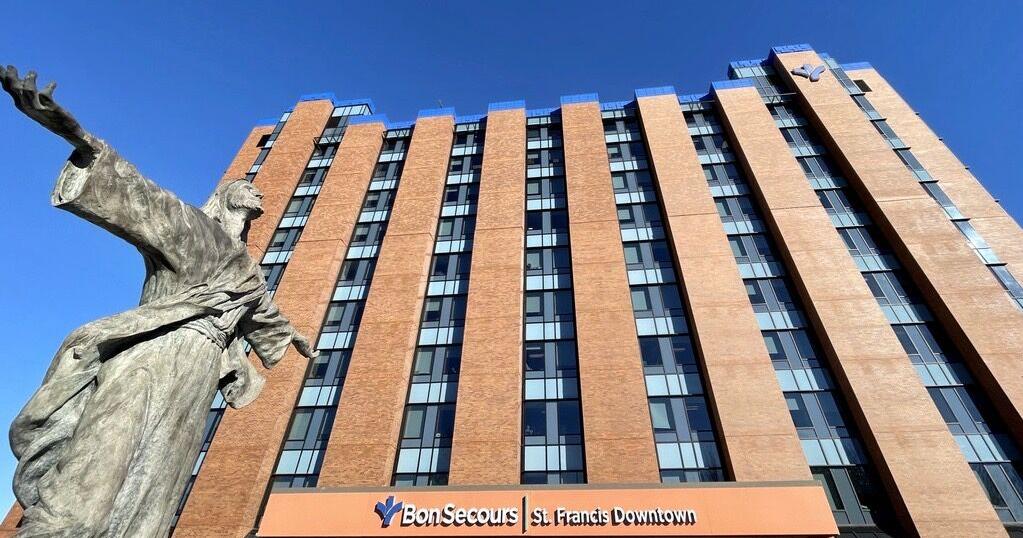Copyright timesofsandiego

SAN DIEGO – Potential federal Medicaid program cuts have left homelessness services providers like The Compass Station in Pacific Beach facing uncertainty. Medicaid and Medi-Cal, California’s version of the program, provides health care coverage for eligible low-income individuals, including children and their families, pregnant women, and people with disabilities. Medicaid also pays for Medicare premiums and cost-sharing for individuals who are dually enrolled in both Medicaid and Medicare, which is a federal health insurance program for people 65 or older and for younger people with certain disabilities. Run by the nonprofit Shoreline Community Services since April 2022, The Compass Station, at 1004 Chalcedony St., is a drop-in resource center for unhoused individuals serving the central coastal area in San Diego. The agency provides a plethora of necessities while offering connections to services for the unsheltered. Those services include showers and laundry, computers and device charging, case management and referrals to long-term programs, resources for mental health and substance abuse, pathways to housing and employment and support for veterans. Jessica Studarus, a volunteer who is state-licensed to help people with Medi-Cal, talked about the even greater difficulties the homeless population will suffer accessing it should they lose their benefits under the new proposed federal eligibility rules. “Some of the changes that are coming are still unclear because of the government shutdown and the discussion about enhanced subsidies and funding for Medi-Cal,” Studarus said. “What the argument is right now is about enhanced premium tax credits. Generally, what we’re hearing is the federal government is going to continue funding Medi-Cal/Medicaid, but exactly what they mean by funding Medicaid is a little unclear.” To illustrate the difficulty of homeless people accessing healthcare, Studarus cited the example of an individual she called Brian, whom she helps sift through his mail to aid him in getting the documentation he needs to continue to access services like healthcare. “He’s unhoused and living in his car,” Studarus noted, adding people in similar situations “don’t sleep well, tend to have intermittent access to quality nutrition and they’re concerned about their personal safety and the safety of their belongings that creates increased anxiety, which has a (negative) impact on a person’s cognition (mental capabilities).” Added Studarus: “For Brian, who is working part-time, one of the (Medical) changes that we’re hearing for 2026 is the institution of work requirements to qualify. Once a year, Brian’s going to get this big packet in the mail that says it’s time for recertification. Now he’s going to have a whole other task he needs to take care of in terms of getting me the documentation he needs to help him. “So we can’t just take care of it right away anymore. It’s going to take several more steps. And that paperwork burden is real for people whose lives are chaotic. So it’s possible that, even though he’s doing the right thing and has a job, that he might still lose his Medi-Cal because he fails to meet the burden of proof (for recertification).” Concerning the possibility of the unsheltered losing access to their healthcare, Studarus said that also will result in “the loss of access to enhanced case management, where folks who really do need someone to open their mail for them, to help them through this crisis, they’re not going to have access to them (case managers) without health insurance.” Caryn Blanton, executive director of Shoreline Community Services, noted a large number of the unsheltered served at The Compass Station will be impacted by any federal Medicaid cuts because it’s one of the programs, like food stamps, they depend upon for day-to-day survival. “We’re here to offer resources and services for people to get off the street,” Blanton noted. “The fewer resources we have to offer, this puts a glitch in their progress toward becoming healthy, self-sustaining members of the community.” For an agency that is trying to “alleviate barriers” to goals like housing and employment, Blanton said, proposed cuts add more “weight and stress” to obstacles that homeless people already face. “At the very least,” she said, “people need to have access to healthcare. That’s a no-brainer. That’s not a privilege. Healthcare is a human right. So taking that away – it’s heartbreaking.”



